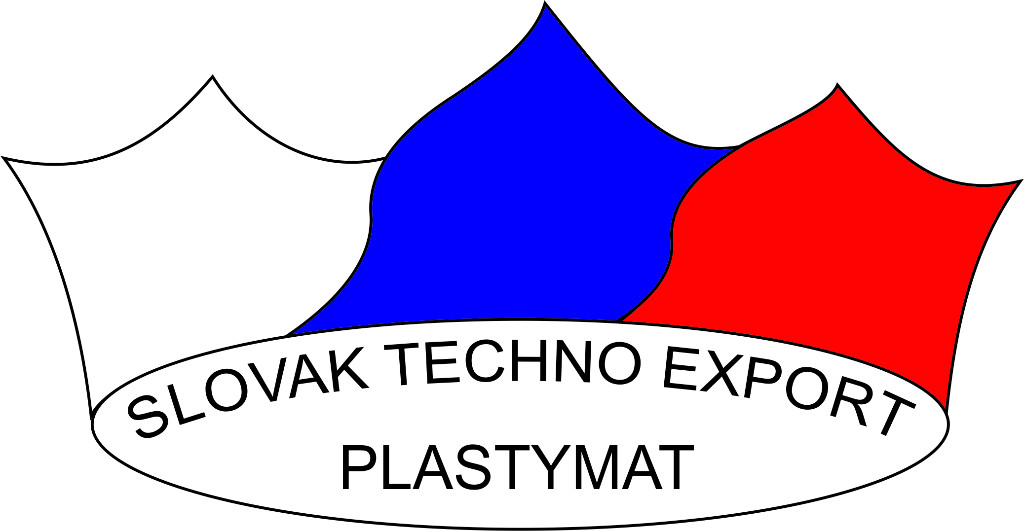OVERVIEW OF MATERIALS BY COMPOSITION
- Polyamide (PA, MAPA, HAPA)
- easy to use
- good friction properties: μ = 0,15 - 0,5
- wide range of operating temperatures: -40 to +140 ° C
- high hardness: M 85 - M 98
- density: 1.15 - 1.16 kg / dm3
- good fatigue and damping properties
- good resistance to wear
- Polyethylene (PE, HMW-PE, UHMW-PE)
- high toughness
- easy to use
- weather-resistant
- good friction properties: μ = 0,2 - 0,3
- wide range of operating temperatures: from -80 to +110 ° C
- hardness: D 60 - D 65
- density: 0.96 kg / dm3
- good damping properties
- they were also in a damp environment
- good resistance to chemicals
- physiologically neutral (suitable for contact with food and pharmaceuticals)
- Polycarbonate (PC)
- Polyoxymethylene (POM-C, POM-H)
- easy to use
- good friction properties: μ = 0,25 - 0,45
- wide range of operating temperatures: from -50 to +120 ° C
- high hardness: M 86 - M 90
- density: 1.4 kg / dm3
- good fatigue and damping properties
- they were also in a damp environment
- Polyethylene terephthalate (PET, PETP)
- Polyvinyl chloride (PVC)
- easy to use
- chemically resistant
- waterproof
- operating temperature range: -20 to +60 (90) ° C
- hardness: 95 - 130 MPa
- density: 1.35 - 1.6 kg / dm3
- there are also physiologically neutral versions (contact with food)
- good electrical insulating properties even in damp environments
- Polypropylene (PP)
- flexibility module: min. 1300 MPa
- easy to use
- well weldable
- chemically resistant
- waterproof
- working temperature range: -20 to +90 ° C
- hardness: 70 MPa
- density: 0.91 kg / dm3
- good electrical insulating properties even in damp environments
- lower purchase price compared to other technical plastics
- Textit
- Polymethyl methacrylate (PMMA)
- flexibility module: min. 1380 MPa
- easy to use
- chemically resistant
- waterproof
- working temperature range: -20 to +90 ° C
- hardness: 100 - 170 MPa
- density: 1.19 kg / dm3
- good electrical insulating properties even in damp environments
- low absorption
- excellent optical properties
- lower purchase price compared to polycarbonate (PC)
- Polytetrafluoroethylene (PTFE)
- high chemical stability
- easy to use
- lowest friction coefficient
- wide range of operating temperatures: from -200 to + 260-300 ° C
- hardness: D 50 - D 75
- density: 2.2 - 2.4 kg / dm3
- good damping properties
- good electrical insulating properties even in damp environments
- physiologically neutral (suitable for contact with food and pharmaceuticals)
Special Plastics:
- Polyetheretherketone (PEEK)
- Polyphenylene sulfide (PPS)
- Polyphenylene Sulfon (PPSU)
- Polyurethane (PUR)
- Polyamidimit (PAI)
All rods, plates, pipes are available for each material.



